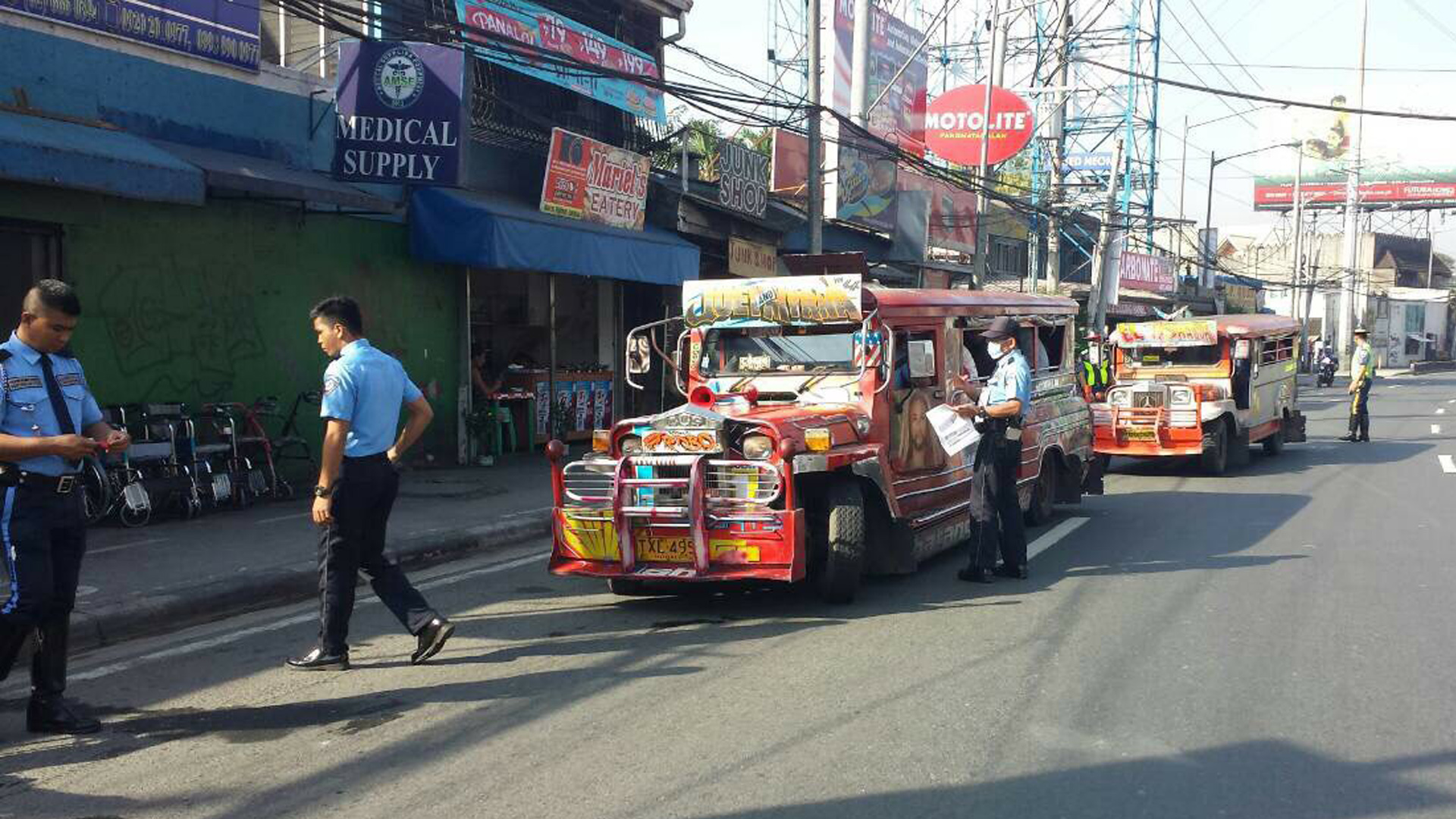Following the classification of high-risk and low-risk provinces and cities in the country, the Department of Transportation (DOTr) is strictly urging the public to follow the imposed health and safety guidelines for public transportation to prevent transmission of COVID-19 in public utility vehicles.
“Areas under MECQ are still considered high-risk,” says USec Artemio U. Tuazon, DOTr’s official representative to the IATF. “Our message is to prioritize safety by urging people to stay at home. There is a need for discipline and to follow through safety precautionary measures such as mandatory quarantine, observing social distancing, wearing of face masks/shields, and observing proper sanitation and hygiene.”
Last May 16, cities of Metro Manila, Laguna, Bataan, Bulacan, Nueva Ecija, Pampanga, Zambales, Angeles City have transitioned into modified enhanced community quarantine (MECQ) until May 31, while the rest of the country is under general community quarantine (GCQ).
For the DOTr and the Inter-Agency Task Force on the Emerging Infectious Diseases (IATF-EID), the health and safety of the public still remains as their top priority, thus, the imposed limitations for movement and transportation among cities under MECQ.
According to Presidential Spokesman Harry Roque in a press briefing last May 12, the “modified” ECQ allowed resumption of select industries and businesses to open but only up to a maximum of 50 percent of their workforce, while more businesses in cities under GCQ were allowed to operate at full capacity.
However, according to guidelines presented by the IATF, public transportation such as trains, buses, taxis, jeepneys, as well as transport network vehicle services (TNVS) including Grab in areas under MECQ is still suspended due to public health safety risks.
The DOTr stressed that the transport protocols released by the department should still be strictly observed as some forms of private transportation will be allowed in areas under MECQ like company shuttles, but only half of their capacity should be filled. Personal vehicles (two persons per row), bicycles (one person only), motorcycles (one person only) and E-Scooter (one person only) are also allowed.
Under GCQ, all modes of public transport will be allowed, but on a reduced capacity to observe physical distancing and under guidance of strict safety protocols provided by the DOTr.
Tuazon also explained that allowing industries to operate again, despite no public transport by the IATF, was pre-conditional. “The guidelines of the IATF has made it clear that companies and business owners that do not have the capacity to provide transportation services to their employees should not resume operations as this will place their employees at risk,” Tuazon said.
“Meanwhile, in areas under GCQ where more businesses are allowed to re-open, the DOTr is strongly urging the public to observe the issued public transport guidelines. We do not want our public transport to become transmission vectors of the disease,” Tuazon emphasized.
Furthermore, as clarified by Roque, classifications under MECQ include limited movement within the areas for obtaining essential services and work, selected operations are only allowed up to 50% of workforce, limited transportation services for essential goods and services, and suspension of physical classes.
Meanwhile, areas under GCQ will have limited movements but the government and almost all industries will be allowed to operate up to 75 percent except amusement and those with mass gatherings, limited transport services with social distancing, and flexible learning will be allowed but without face-to-face learning.







